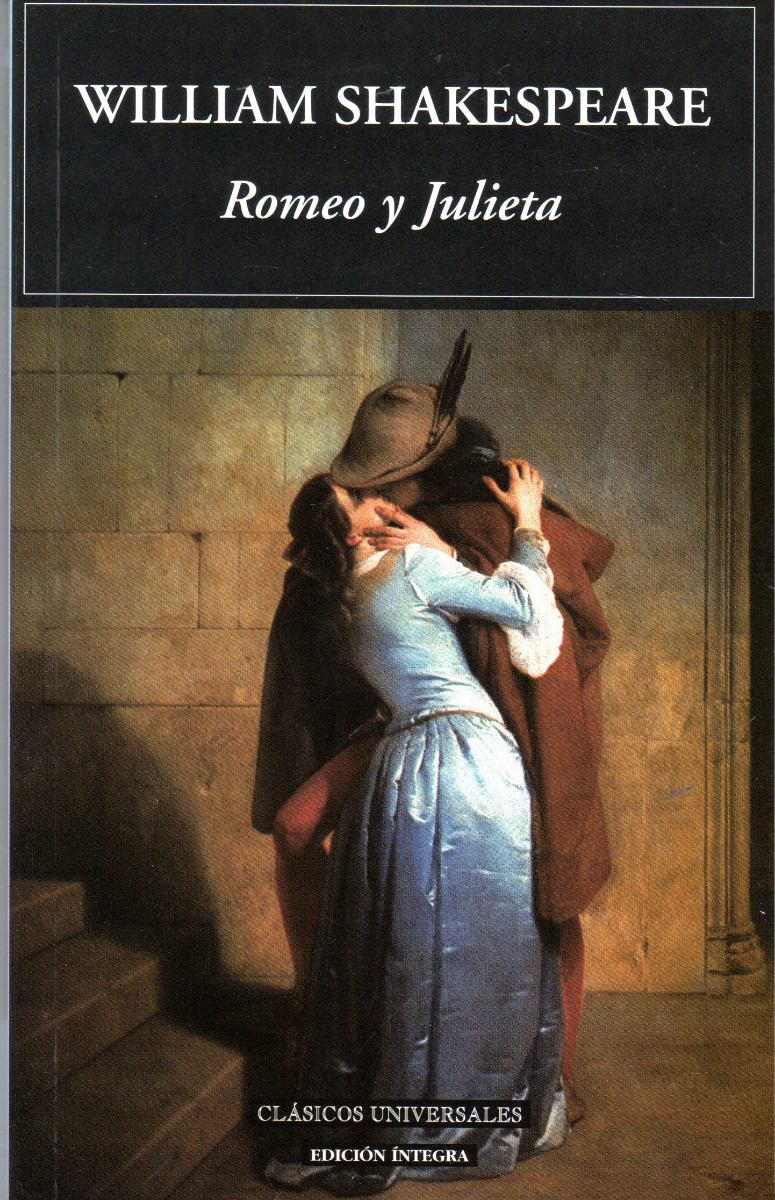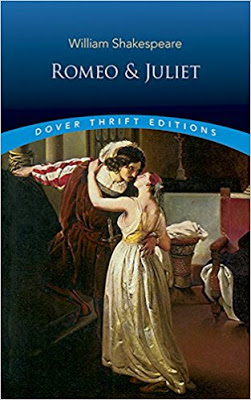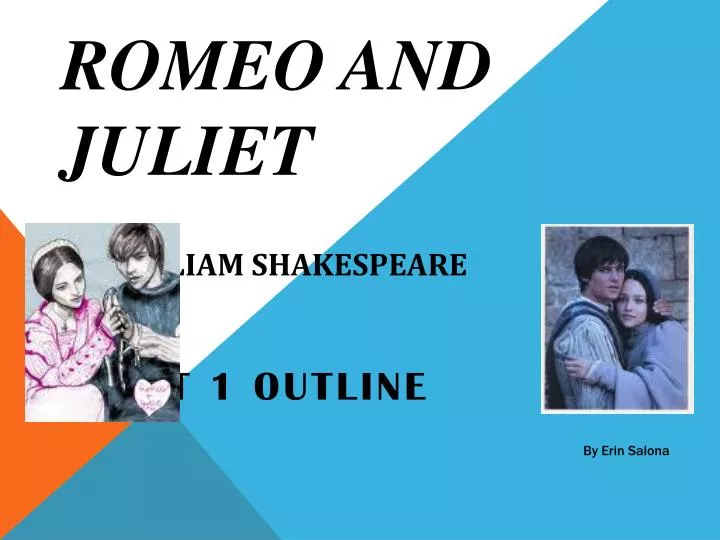
The play’s most famous line references the feud between the two families, which means Romeo and Juliet cannot be together. Precisely why the families are in a feud with one another is never revealed in Shakespeare’s play, so we are encouraged to take this at face value. In Dante’s early fourteenth-century epic poem, the Divine Comedy, he makes reference to two warring Italian families: ‘Come and see, you who are negligent, / Montagues and Capulets, Monaldi and Filippeschi / One lot already grieving, the other in fear’ ( Purgatorio, canto VI).

Interestingly, two families known as the Montagues and Capulets appear to have actually existed in medieval Italy: the first reference to ‘Montagues and Capulets’ is, curiously, in the poetry of Dante (1265-1321), not Shakespeare. It’s worth starting with a consideration of just what Shakespeare did with his source material.

Romeo and Juliet is often read as both a tragedy and a great celebration of romantic love, but it clearly throws out some difficult questions about the nature of love, questions which are rendered even more pressing when we consider the headlong nature of the play’s action and the fact that Romeo and Juliet meet, marry, and die all within the space of a few days.īelow, we offer some notes towards an analysis of this classic Shakespeare play and explore some of the play’s most salient themes. It’s worth bearing in mind that Romeo and Juliet do not kill themselves specifically because they are forbidden to be together, but rather because a chain of events (of which their families’ ongoing feud with each other is but one) and a message that never arrives lead to a misunderstanding which results in their suicides.

How should we analyse Romeo and Juliet, one of Shakespeare’s most famous and frequently studied, performed, and adapted plays? Is Romeo and Juliet the great love story that it’s often interpreted as, and what does it say about the play – if it is a celebration of young love – that it ends with the deaths of both romantic leads?


 0 kommentar(er)
0 kommentar(er)
